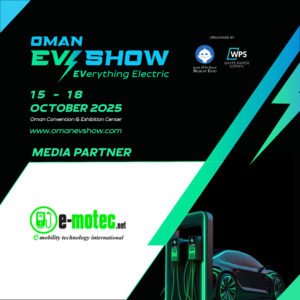Automated Driverless Electric Minibuses as Part of the Public Transport Chain

Kongsberg is one of the most important industrial cities in Norway with global leading high-tech industry within industries as autonomous systems, space, maritime, subsea, defence, aviation, automotive, energy and logistics. The Kongsberg Municipality has 27 500 residents and 25 000 living in the city of Kongsberg. Kongsberg is a compact city where most people live in and around the city, mainly in small houses and detached houses. The city is divided by the river Numedalslågen. Close to the city center is the high-tech industry park with almost 7 000 employees. The region around Kongsberg has about 75 000 residents. There are people commuting to work in Kongsberg from a large region from Oslo to Porsgrunn. Work and leisure trips within Kongsberg and to and from Kongsberg take place largely by car. Internal transport in the city is supplemented with walking and cycling. Although Kongsberg is a compact city with short distances, the road structure and topography makes it unattractive to use public transport for internal transport and for work trips to and from the city. This means that there are more than 4 000 parking spaces in the technology park, and large parking facilities in the city centre. There are few passengers on the city buses and considerable potential for getting a large volume of travel to and from work in Kongsberg on the train / bus. These are common challenges in Norway and The Nordics for cities such as Kongsberg. The Kongsberg Municipality is a partner in the Interreg Sohjoa Baltic project, that researches, promotes and pilots automated driverless electric minibuses as part of the public transport chain, especially for the first/last mile connectivity. From our experiences so far we see a great potential for automated first/last mile services, but there is a need to develop further for flexibility, integrated with other transport services, and to develop sustainable business models both for service providers and users. We see also a great potential for autonomous services related to parcel and goods deliveries in the urban area, both in relation to companies and to private individuals / e-commerce. The testing that is now taking place at Kongsberg is a collaborative project between Kongsberg municipality, Applied Autonomy, Nettbuss, the Norwegian Public Roads Administration and Brakar. The bus has been in route in Kongsberg’s streets from 13 October. The plan is to continue in May this year. The bus runs a pre-programmed route and stops at stops along the route where passengers can get on and off. During testing, there is always a host on board that can override the automatic operation. – We drive in narrow streets with street parking and goods delivery. There are busy streets, I think it has exceeded all expectations, says Madland. For Madland, the link between industry and sustainability is important. – It is the next generation transport system we are working on here, in a very, very early phase. This is not just a technological thing, this is the start of the reorganization of a transport system which today is very much based on people in private cars, which will not be sustainable in the 2035 perspective. We must find new solutions, otherwise it will be impossible for people in the buildings, he says. – The bus is part of a project in a larger project portfolio during a collaboration. We have projects on operation and maintenance, on goods delivery and bus. We try to look at these a little bit towards how to look at cities and sustainable mobility. No one could do this project alone. It is that we do it jointly, which means that we get so good results. Applied Autonomy delivers knowledge, solutions and services for autonomous transportation. The company offers services for operation and implementation of pilots, tests and operations of autonomous vehicles. In accordance, Applied Autonomy develops necessary control systems that will help implementing autonomous traffic for the future. Applied Autonomy develops necessary control systems that will ensure safe implementation of autonomous vehicles in public traffic. This secures Applied Autonomy’s customers a unique position and helps them to be at the forefront within autonomous transportation.





